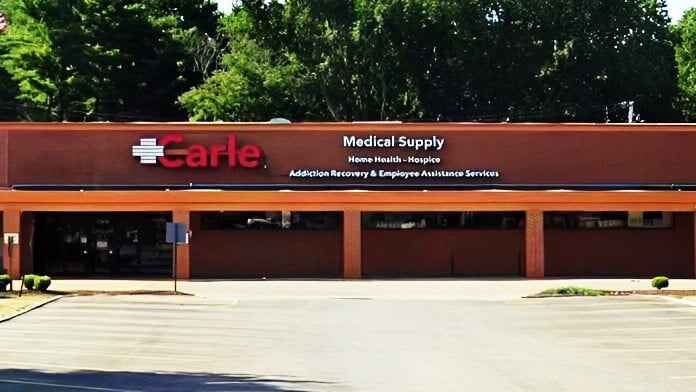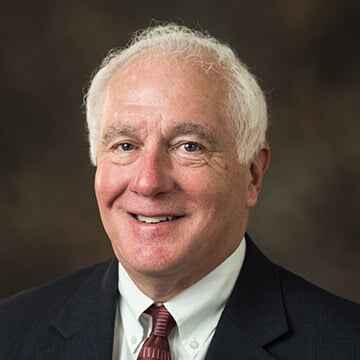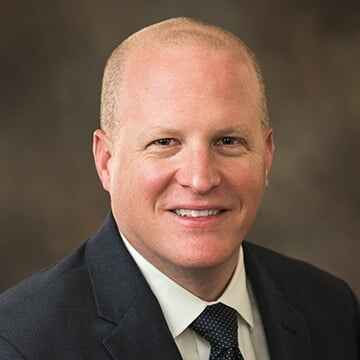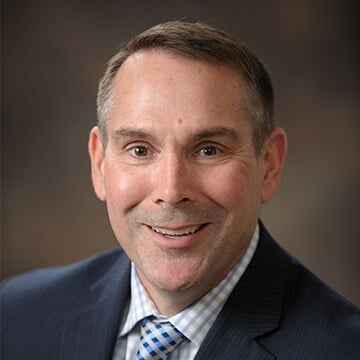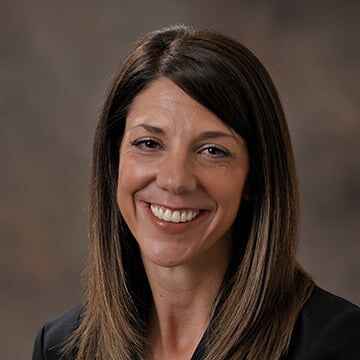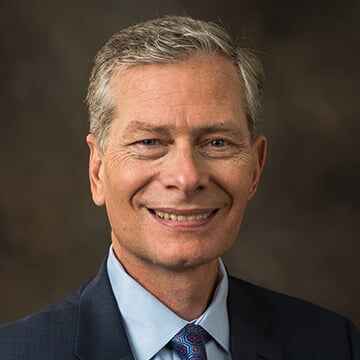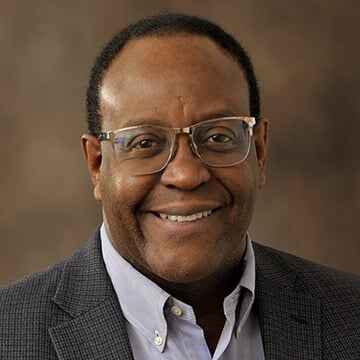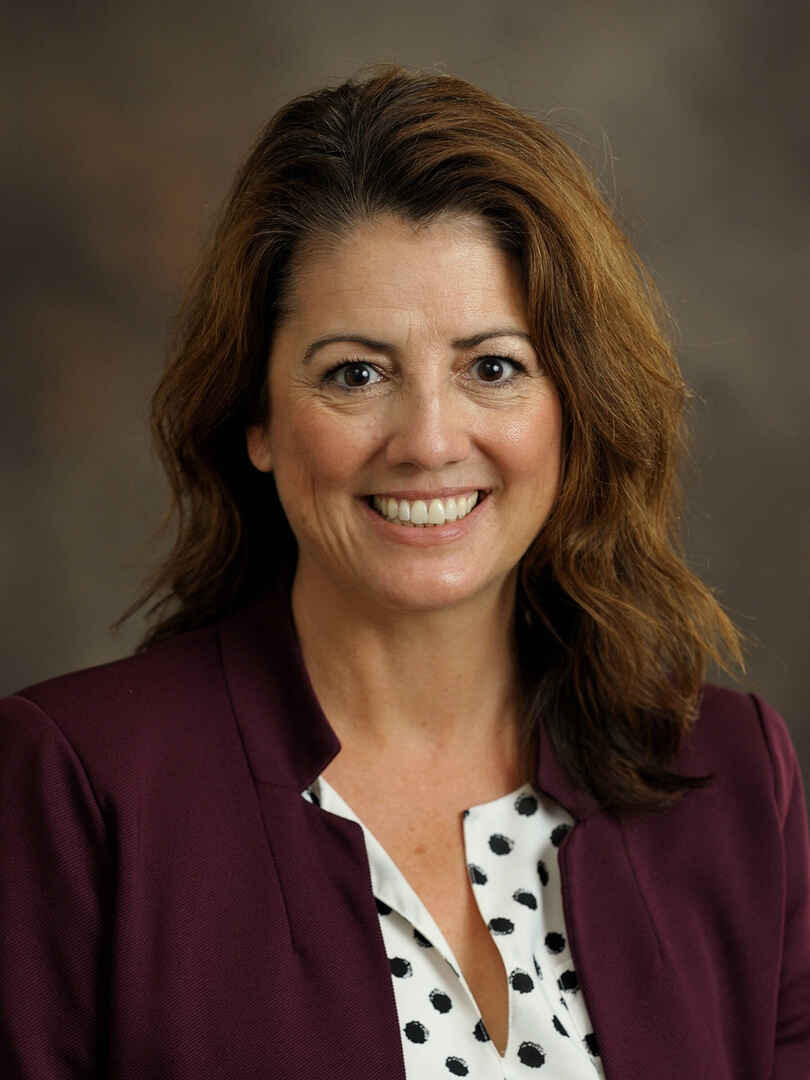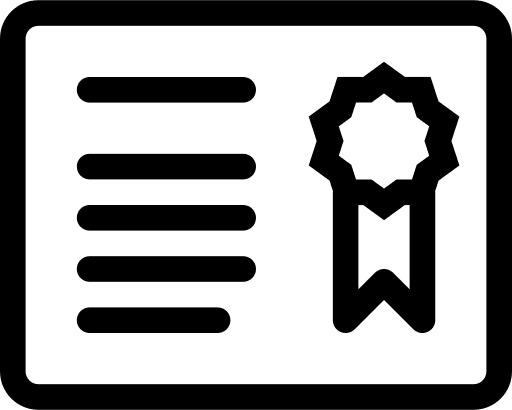About Carle Addiction Recovery Center – Champaign
Carle Addiction Recovery Center offers a holistic and medically balanced treatment center that focuses on decreasing the stigma of seeking help. Located in Urbana, Illinois, this center provides a comprehensive array of treatment like detox, residential, outpatient, and partial hospitalization programs for adults with addiction and co-occurring issues.
This recovery center has a team of licensed and clinical professionals who are ready to help you with your needs when you undergo your comprehensive, individualized treatment. What I like about their facility is that they can offer financial assistance programs if you aren’t covered by insurance but desperately need help.
Their inpatient detox program also stands out. For their inpatient detox services, you can expect a high level of care for physical symptoms of withdrawal. Additionally, you’ll have access to medical support personnel 24/7 daily to ensure you are safely and smoothly undergoing your detox treatment and not relapsing.
You’ll also find that their intensive outpatient program offers the same level of care, but your treatment sessions are made flexible so you can continue with your daily life while receiving your treatment. Not to mention, they also provide aftercare services to enhance your coping skills while also working with you through sessions to ensure you will not turn to substances again.
